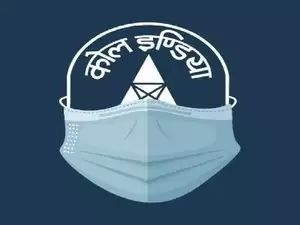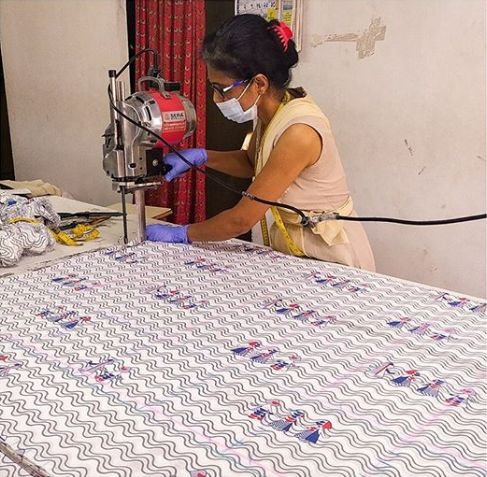ICICI Bank stands in solidarity with the Government of Uttar Pradesh by providing protective equipment to the state government, hospitals and police forces for their tireless efforts to safeguard citizens of the state in the wake of COVID-19 pandemic.
ICICI Bank is working actively with the authorities on this front. The Bank has donated protective equipment like over 1.8 lakh surgical masks, 8,500 litres of sanitisers, over 850 PPE suits and 1,000 kg of bleaching powder to the authorities in Lucknow, Varanasi, Gorakhpur, Kanpur, Gonda, Unnao, Prayagraj among others. The Bank has also provided 30 thermal scanners to the district administration of Varanasi. This initiative is part of the Bank’s nation-wide drive of contributing various protective gears to aid the front-liners to combat the pandemic.
Speaking on the initiative, Mr. Saurabh Singh, Head-Government Banking, ICICI Bank said, “ICICI Group has a legacy of supporting the development of the nation as well as providing support in times of natural calamities and disasters. Taking this legacy forward, we are standing in solidarity with various state governments, police departments and health professionals in their tireless efforts to treat and safeguard citizens of the country in the wake of COVID-19 pandemic. Our support to the various authorities in UP is part of these activities.
The doctors treating the COVID-19 suspects/patients and the police and paramilitary forces managing the orderly implementation of the lockdown are at the frontline of this combat. We have focussed our efforts to reach out to the government hospitals and the forces in the state. Despite supply chain challenges, we are providing them supplies in the form of sanitisers, surgical masks, N95 masks, gloves, personal protection equipment, etc. We are also providing equipment like thermal scanners and non-invasive category ventilators.“
The Bank is also facilitating Government of Uttar Pradesh in the digital collection of donations for district-level COVID19 Relief Fund Accounts of Saharanpur, Etawah, Ayodhya and Varanasi. The Bank has also supported Lucknow Nagar Nigam and Lucknow Development Authority by contributing food grains to the community kitchens that provide food to the needy people.
Additionally, the Bank deployed a mobile ATM van in Varanasi to enable residents, who are advised to stay home, to withdraw cash conveniently and safely. The van was inaugurated by Shri. Deepak Agrawal, Divisional Commissioner (IAS), Varanasi.
Disclaimer: This media release is auto-generated. The CSR Journal is not responsible for the content.












